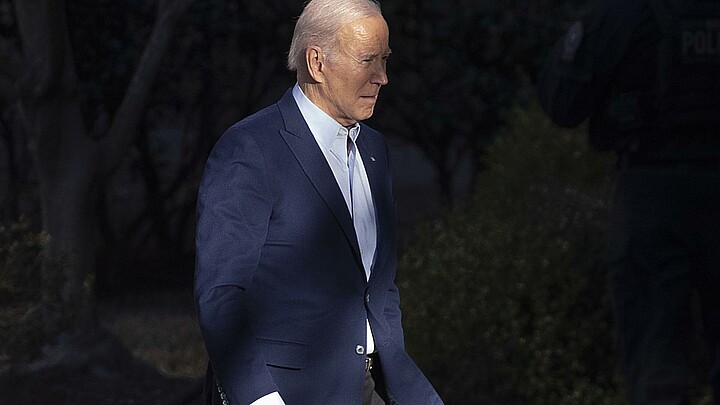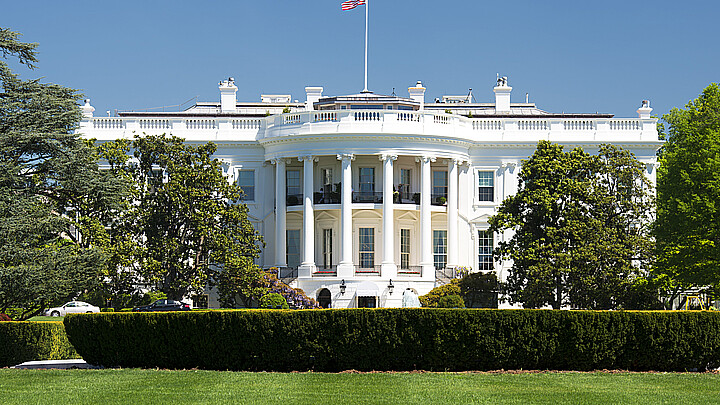Health
Less than 5% of violent acts linked to mental illness, says expert
The American Psychiatric Association issued a statement warning that stigmatizing mental illness could dissuade struggling people from treatment
June 4, 2022 6:57pm
Updated: June 4, 2022 6:57pm
The Uvalde shooting has brought mental illness and violence back to the forefront, but experts say that the connection between the two are weak at best.
The American Psychiatric Association issued a statement Wednesday warning that stigmatizing mental illness could dissuade struggling people from treatment.
“The overwhelming majority of people with mental illness are not violent and are far more likely to be victims of violent crime than perpetrators thereof,” the group said.
A famous study of discharged psychiatric patients called the MacArthur Violence Risk Assessment Study found that other factors were better predictors of violent acts than formally diagnosed mental illness, such as whether someone had a history of violent acts, physical childhood abuse, antisocial behavior or a father who abused substances, according to The Wall Street Journal.
Dr. Jeffrey Swanson, a medical sociologist at Duke University School of Medicine, said that risk factors associated with violence are too non-specific to predict who will harm others.
For example, being young and male is highly correlated with shootings but applies to far more people that won’t be violent than those who will, he told WSJ.
“There are lots of angry young men. You can’t just round them all up,” said Swanson.
Swanson also concurred with the APA that most people with diagnosed mental-health conditions are not violent. He has conducted research that shows less than 5% of violent acts are attributable to mental illness.
The MacArthur assessment found rates of violence were about the same from discharged psychiatric patients and others from their neighborhoods.
Experts also refer to how the majority of those who die by suicide do not have a history of mental illness, according to the National Alliance on Mental Illness.









